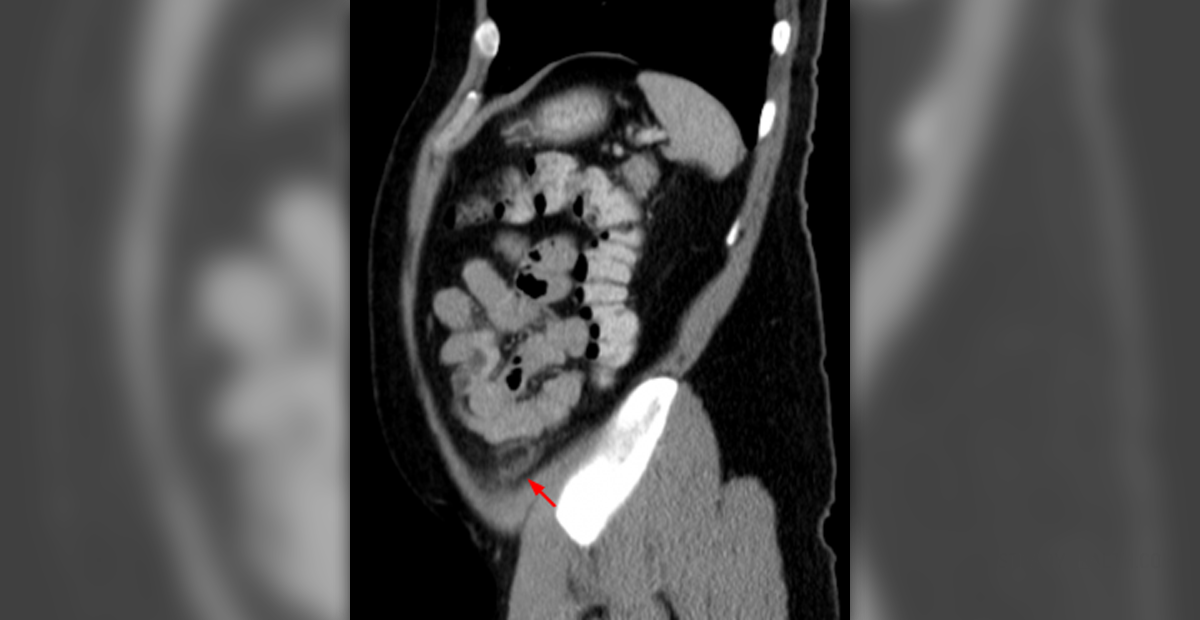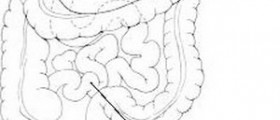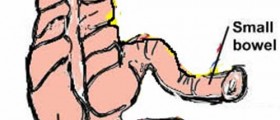
Appendicitis is an inflammation of the appendix. It is one of the most common causes of severe abdominal pain, which is the most prominent symptom of this condition. Appendicitis requires medical attention because it may result in ruptured appendix, which is a medical emergency and can be fatal.
About appendicitis
The appendix is a narrow pouch, similar in shape to a finger, which has one open and one closed end. It is today believed that the appendix does not have any purpose in the human body, but it probably once had. Even though it has no purpose, it can still cause medical problems.
If the appendix becomes blocked, it fills with pus and becomes inflamed, and this condition is called appendicitis. If the blockage continues, the bacteria infest the tissue, causing it to die off. This may result in rupture of the appendix, which can be very dangerous.
It is very important to recognize the signs and symptoms of appendicitis, in order to distinguish it from other abdominal problems and to prevent possible complications.
Signs and symptoms of appendicitis
One of the earliest signs of appendicitis is a vague pain around the navel, gradually moving to the lower right portion of the abdomen. As the pain moves, it becomes more acute and it sets in at the point called McBurney’s point, in the lower right abdomen, located one third of the distance from the right pelvic bone and the navel.
Rebound tenderness is another important sign of appendicitis. It means that if the painful point is pressed with a finger, it becomes tender, but it worsens as the pressure is released, especially suddenly.
The pain gets worse if the person suffering from appendicitis is walking, laughing, coughing, sneezing or making other jolting moves. The pain sometimes becomes less acute when the person is lying on the side in the so-called fetus position.
Symptoms other than the pain
The pain is usually the tell-tale sign of appendicitis, but other symptoms can be present as well. A person suffering from appendicitis may feel generally ill, with nausea and vomiting, and he or she can have a low grade fever.
Diarrhea or constipation, abdominal swelling and bloating and inability to pass gas are also common symptoms of appendicitis.
It is important to realize that these signs and symptoms may vary from person to person. In addition, children may not have all the typical signs of appendicitis, sometimes they show no signs at all, which is why they have a higher chance of ruptured appendix than the adults.
Generally, any sharp, acute pain located in the middle-lower or middle-right side, accompanied with vomiting and fever, should be reported to a doctor as soon as possible.

















Your thoughts on this
Loading...